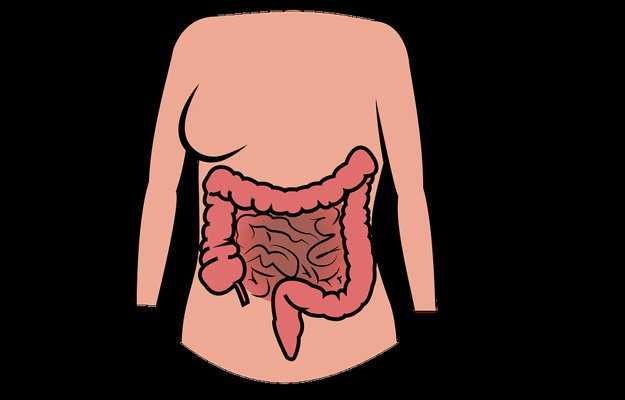What is Salmonella?
Salmonella infection or salmonellosis is a bacterial infection of the intestinal tract. These bacteria are found in human and animal intestines and yet are excreted through faeces. However, the infection may spread through contaminated food or water.
Usually, salmonellosis has symptoms, such as diarrhoea, cramps, and fever, within 2 hours of acquiring the infection. Recovery can happen without any specific treatment as well. A simple stool test confirms the existence of the condition. However, the condition may prove fatal for the elderly and infants.
What are its main signs and symptoms?
The condition is identified by numerous symptoms that include
- Nausea
- Dizziness
- Vomiting
- Cramps
- Headache
- Diarrhoea
- Stools with blood
- Fever
- Loss of appetite
In extreme cases, it may lead to a continuously high fever that may worsen the condition of the patient.
What are its main causes?
Salmonella infection is the outcome of eating raw dairy products or undercooked meat or poultry products that is contaminated with the bacteria Salmonella typhi. Likewise, the fruits and vegetables may also be infected with the bacteria if manure from infected poultry is used. Due to its impact on the stomach, it is classified as gastroenteritis or stomach flu.
People may also get infected upon contact with animal faeces by consumption of food after touching the animal. Similarly, human carriers may infect others through poor hygiene conditions.
Therefore, the following products must be consumed with caution:
- Eggs
- Meat
- Poultry products
- Unpasteurised milk
- Reptiles
How is it diagnosed and treated?
The diagnosis is possible through sample testing of blood or stool of the infected person to establish the root cause of the infection i.e., the presence of the bacteria in the stool or antibodies against typhoid bacteria in the blood. Additional tests may also be done to characterise salmonellosis.
In most cases, the infection is countered by the natural immune system. However, in extreme cases, antibiotic treatment along with intravenous rehydration in a hospital may be needed to treat the severe symptoms.
To prevent the infection, the following should be adopted:
- Avoid high-risk foods or raw poultry products
- Refrigerate and pasteurise
- Wash hands before cooking and eating
- Store cooked and uncooked foods separately
- Clean surfaces and counters once the cooking process is complete
- Wash hands after touching any animal species
- Follow care for hygiene and sanitation of pets.
















